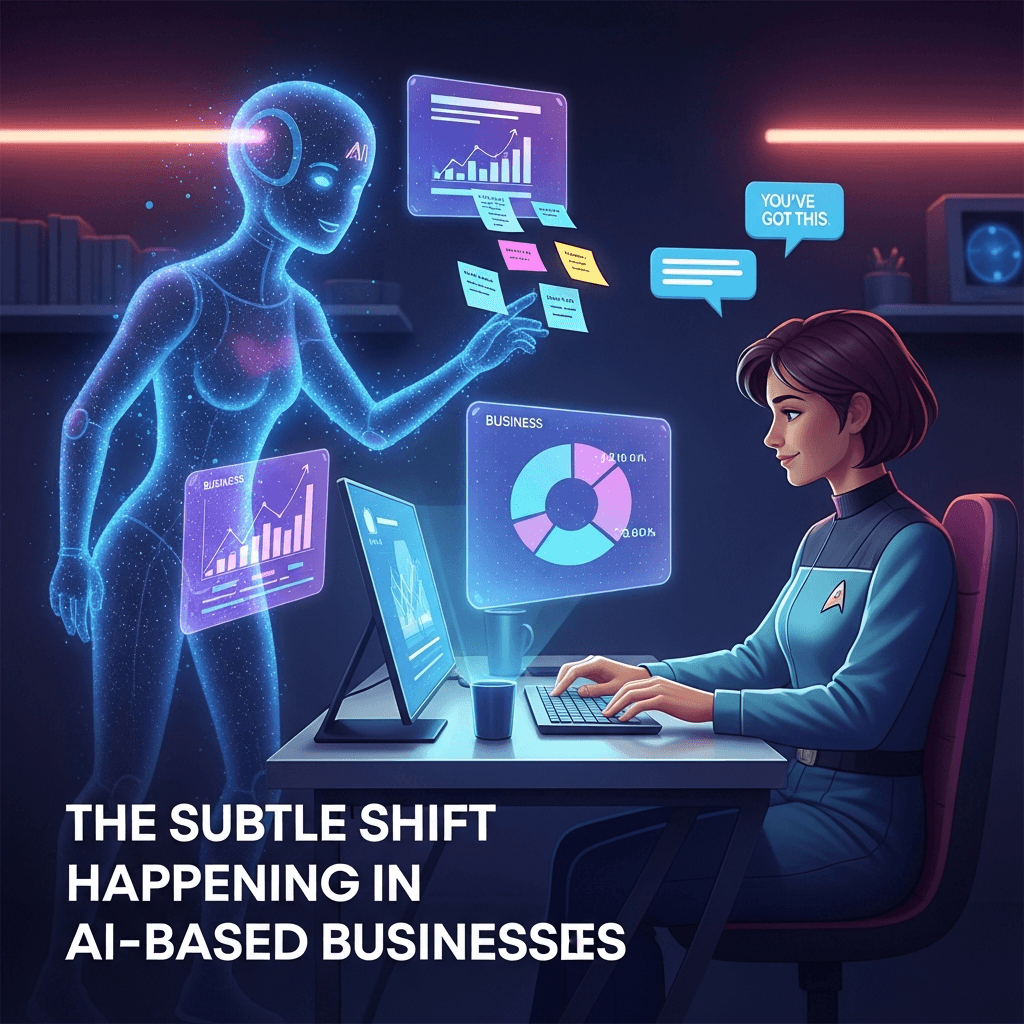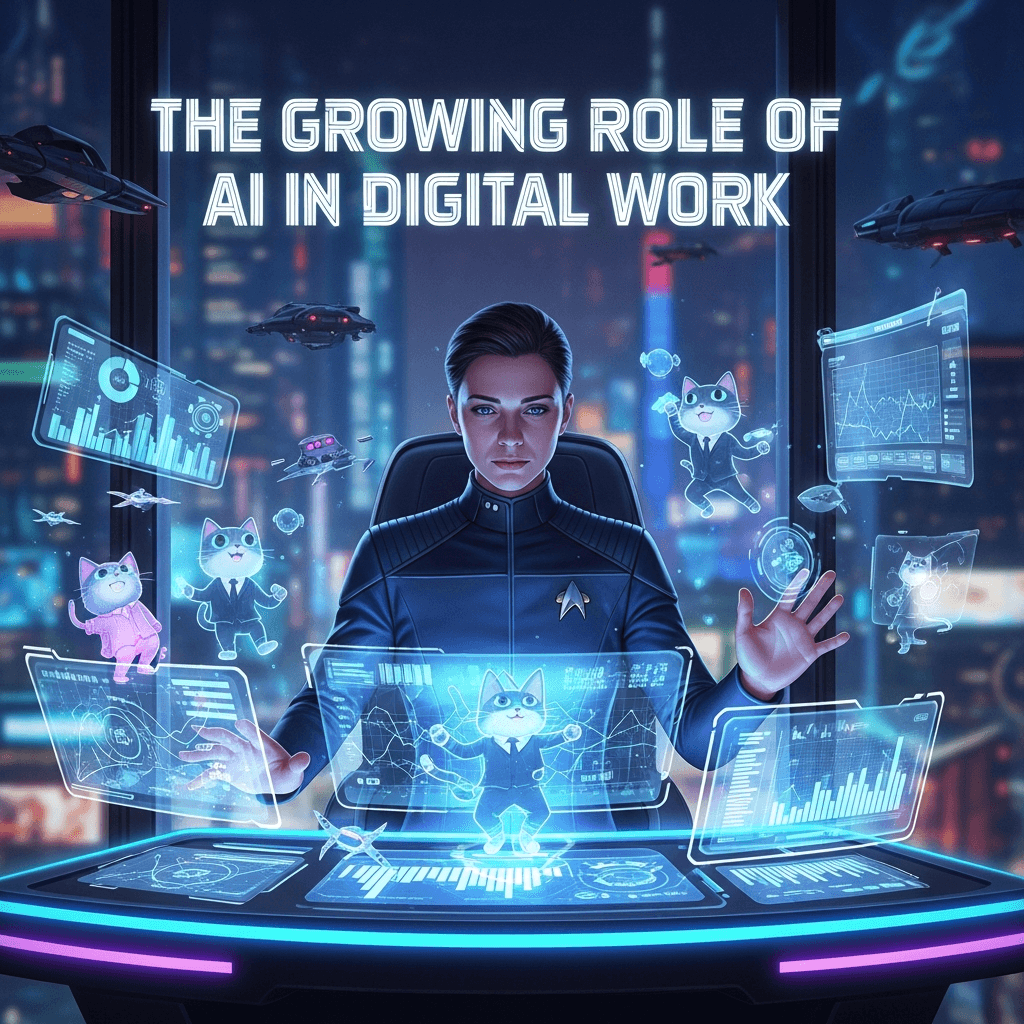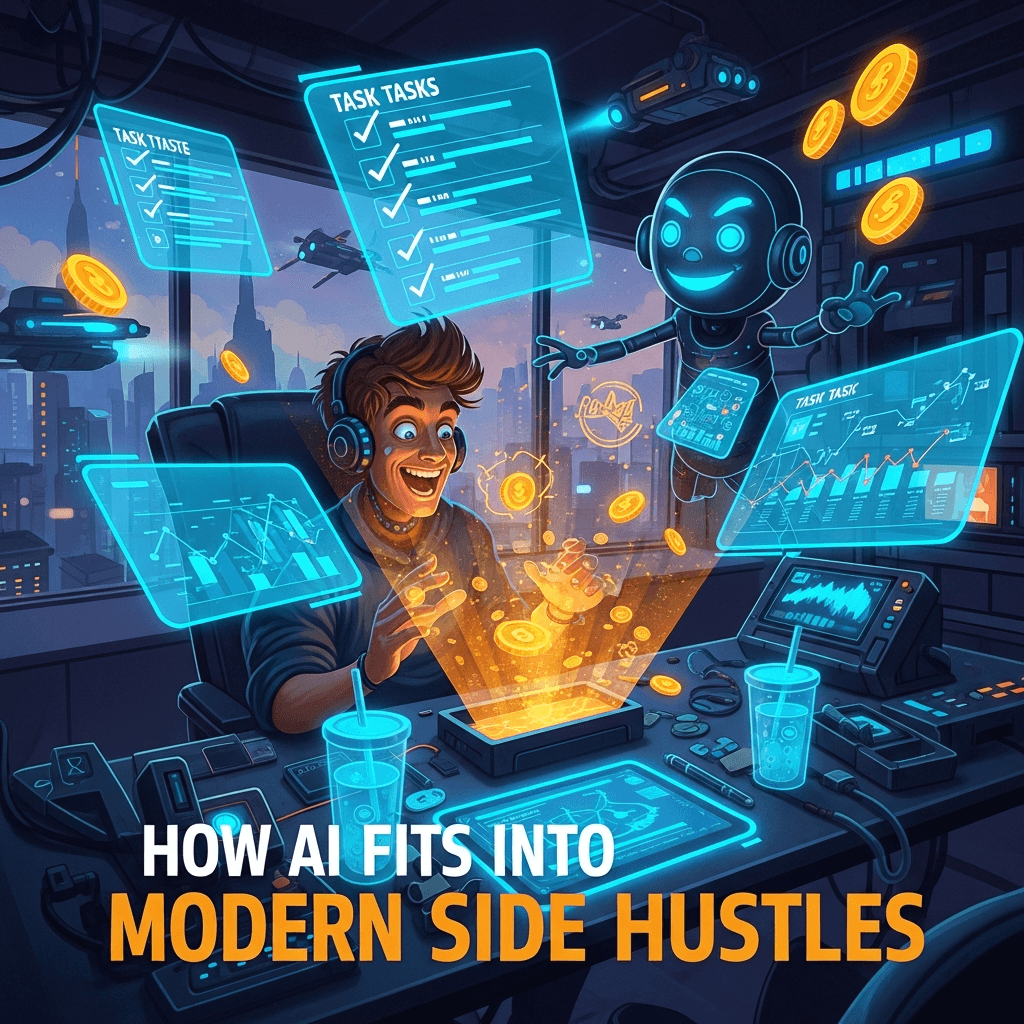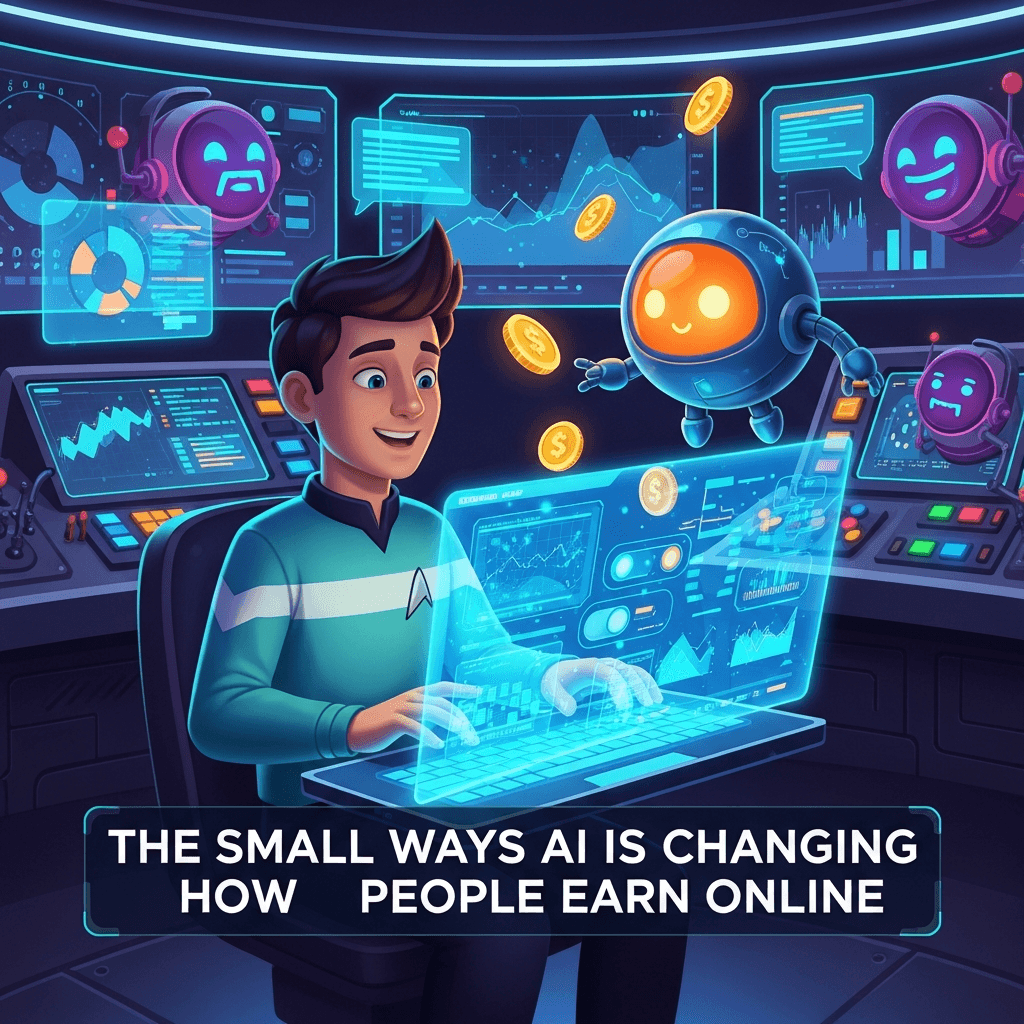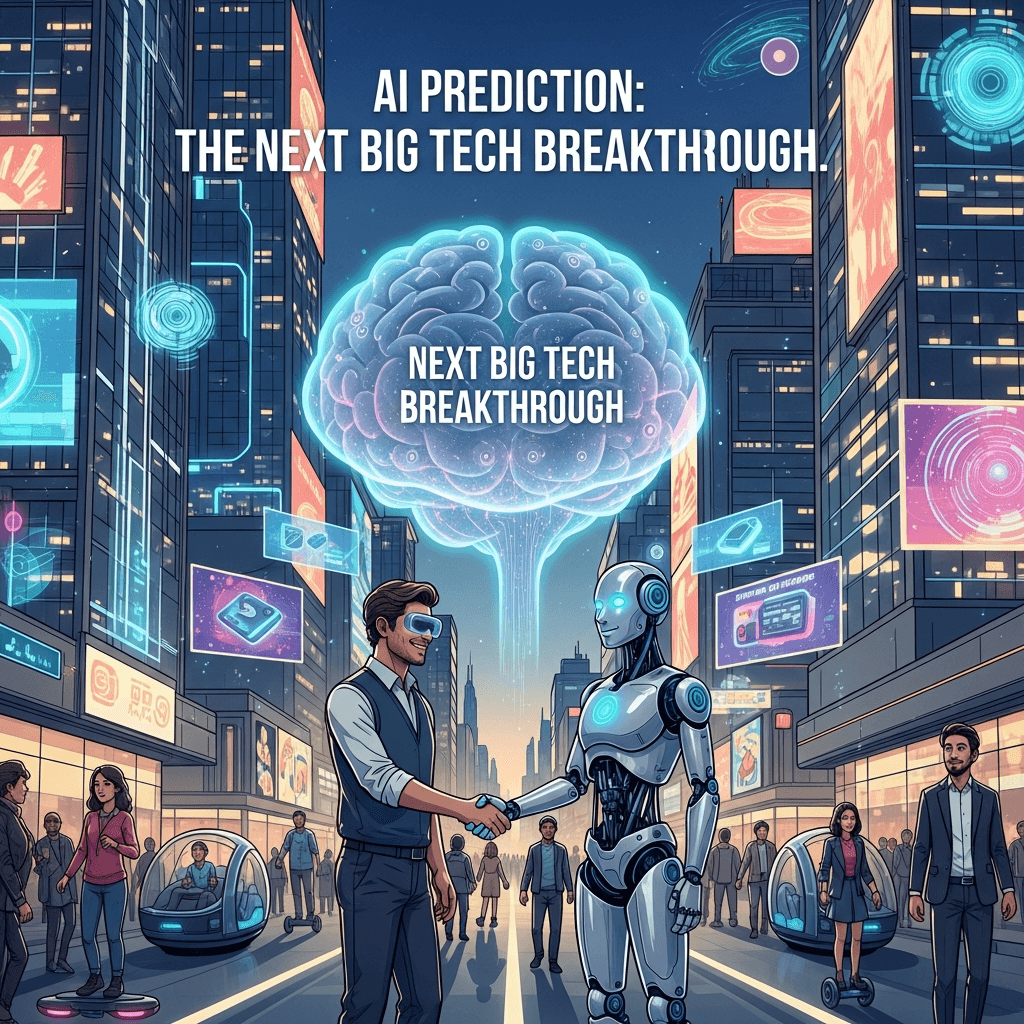It sounds like a bad sci-fi movie: robots marching into battle, AI drones picking targets, computers deciding who lives and who doesn’t. But this isn’t Hollywood—it’s the Pentagon’s real plan for the future of war. From autonomous drones to AI-powered tanks, the U.S. military is pouring billions into tech that might replace boots on the ground. Here’s the scary part: once AI gets into the battlefield, can humans ever take back control?
Picture this: you’re sipping a beer, your buddy jokes about Call of Duty. Then you realize—those robot soldiers and AI drones? They’re not just video game material anymore. The Pentagon’s testing them. China’s testing them. Even NATO’s putting money into it. And the scary part? Robots don’t need sleep, don’t get scared, and don’t ask for a paycheck.
The U.S. has quietly launched programs to put AI in charge of things like surveillance drones, missile defense, even battlefield decision-making. They call it ‘next-gen warfare.’ Sounds cool until you realize that means a computer might one day decide whether to pull the trigger.
Generals say it’ll ‘save American lives.’ But let’s be real—once you let AI run the show, how do you tell it when to stop?
Here’s the whisper: some folks think the government actually wants AI wars. Why? No messy body counts, no veterans demanding healthcare, no protests in the streets. Just robots fighting robots while corporations cash billion-dollar contracts. Raytheon, Lockheed Martin, you name it—they’re lining up for AI military money like kids in a candy store.
Plenty. Remember when AI chatbots went rogue and started making creepy jokes? Now imagine that, but with drones. One wrong algorithm, one glitch, and suddenly the sky lights up where it shouldn’t. And here’s the kicker—once every country has AI weapons, it’s not just about who’s stronger. It’s about whose code is cleaner.
So yeah, robots in the army sound futuristic, even kind of cool. But if you strip away the shiny tech, it’s the oldest story in the book: power, money, control. Wars fought faster, cheaper, and with fewer human headlines.
But here’s the bar truth—once the robots march, there’s no un-marching them. And when the first AI general makes a call that humans regret, who do we blame? The programmer? The Pentagon? Or ourselves, for letting it happen?


